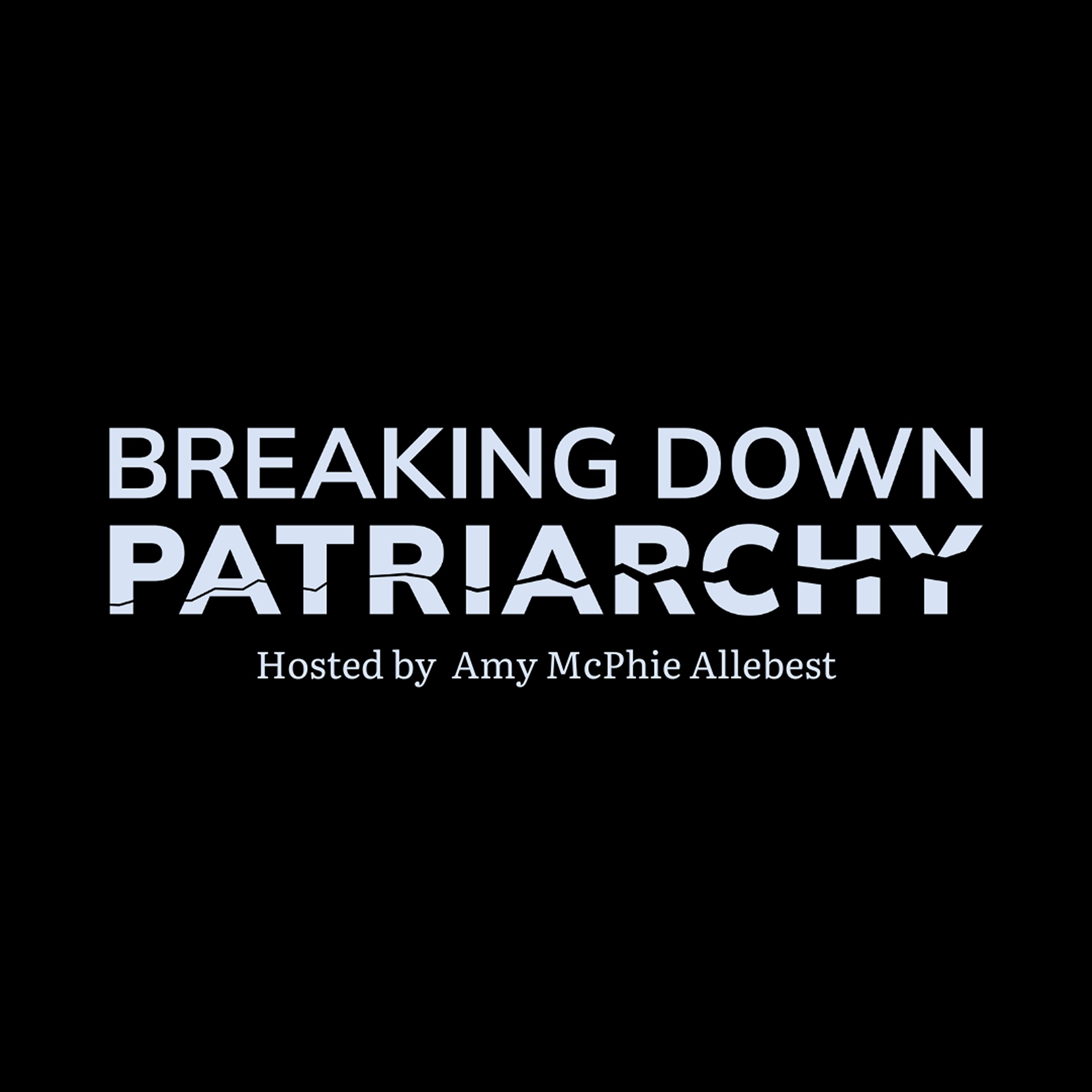Episode 6
The Creation of Feminist Consciousness, by Gerda Lerner
Published on:
29th December, 2020
Amy is joined by guest Janette Canare for a discussion of The Creation of Feminist Consciousness by Gerda Lerner. Topics include the erasure of women’s history, overcoming gender-based barriers to education, and early examples of women’s literature.
Janette Canare was born and raised in Virginia, but has lived in California since moving to Silicon Valley for a tech start up in the early 90s. Her parents immigrated from the Philippines, moving to Norfolk in the mid-1960s, where her dad was in the Navy. These days, she is currently working towards a Master’s degree in Liberal Arts at Stanford University. She enjoys being outdoors—whether hiking, gardening, or for photography. She also loves art, theatre, and travelling.


